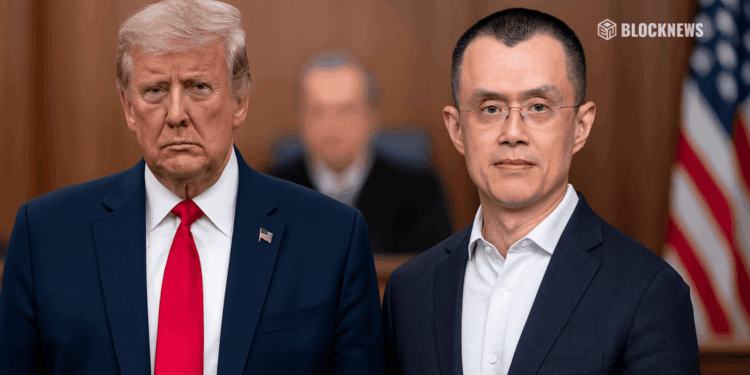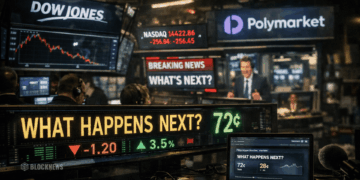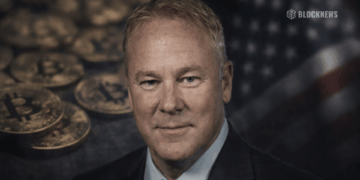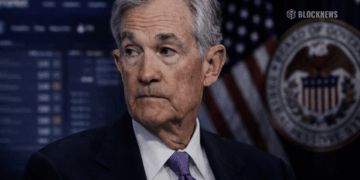- Trump pardons Binance founder CZ, erasing his 2023 conviction for AML violations.
- White House defends move as pro-innovation; critics cite political and financial conflicts.
- Binance poised for U.S. comeback, aligning with Trump’s crypto-friendly policy agenda.
In a major political and financial shockwave, U.S. President Donald Trump has granted a full and unconditional pardon to Binance founder Changpeng “CZ” Zhao, the White House confirmed Thursday. The move effectively wipes away Zhao’s 2023 federal conviction tied to anti-money laundering violations. CZ, one of crypto’s most recognizable figures, served nearly four months in prison and paid a $50 million fine after Binance pleaded guilty and paid $4.3 billion in penalties.

White House press secretary Karoline Leavitt framed the prosecution as part of the Biden administration’s “war on cryptocurrency,” adding that Trump’s decision reflects his pro-innovation stance. CZ responded on X, thanking Trump for “upholding America’s commitment to fairness, innovation, and justice,” and pledging to “help make America the Capital of Crypto.”
The Political Undercurrent: Crypto Money and Trump’s Return
The pardon comes amid scrutiny over Trump’s deepening ties to the crypto sector. Since returning to office, Trump’s family has profited from multiple crypto ventures, including World Liberty Financial, a stablecoin initiative backed by Binance earlier this year. Critics, including Sen. Elizabeth Warren, accused Trump of rewarding financial supporters and undermining accountability in digital finance.
Despite the controversy, the move has energized crypto markets and industry leaders who see Trump’s policy direction as a complete reversal of the Biden-era crackdown. Analysts now expect Binance to re-expand its U.S. operations, with CZ possibly resuming a leadership role at the company he co-founded in 2017.

Binance’s Path Forward Under Trump’s Crypto Revival
The pardon may accelerate Binance’s U.S. revival. The exchange remains the world’s largest by trading volume and continues to play a dominant role in global crypto liquidity. With U.S. regulatory pressure easing under Trump’s administration, Binance could see renewed access to U.S. capital, institutional partnerships, and potential integration with World Liberty’s USD1 stablecoin, already used in a $2 billion Abu Dhabi investment deal.
Industry observers view this as part of a broader “crypto amnesty” trend, as Trump has also pardoned BitMEX’s founders and Silk Road’s Ross Ulbricht. Supporters hail these moves as pro-innovation; critics call them dangerous precedents that conflate deregulation with justice.














